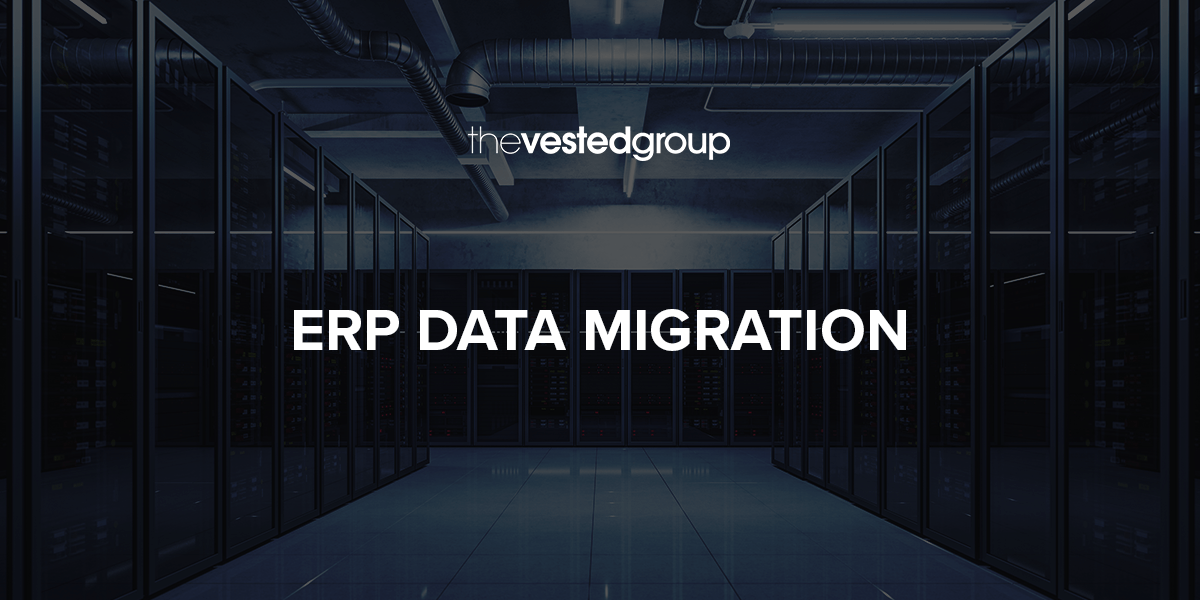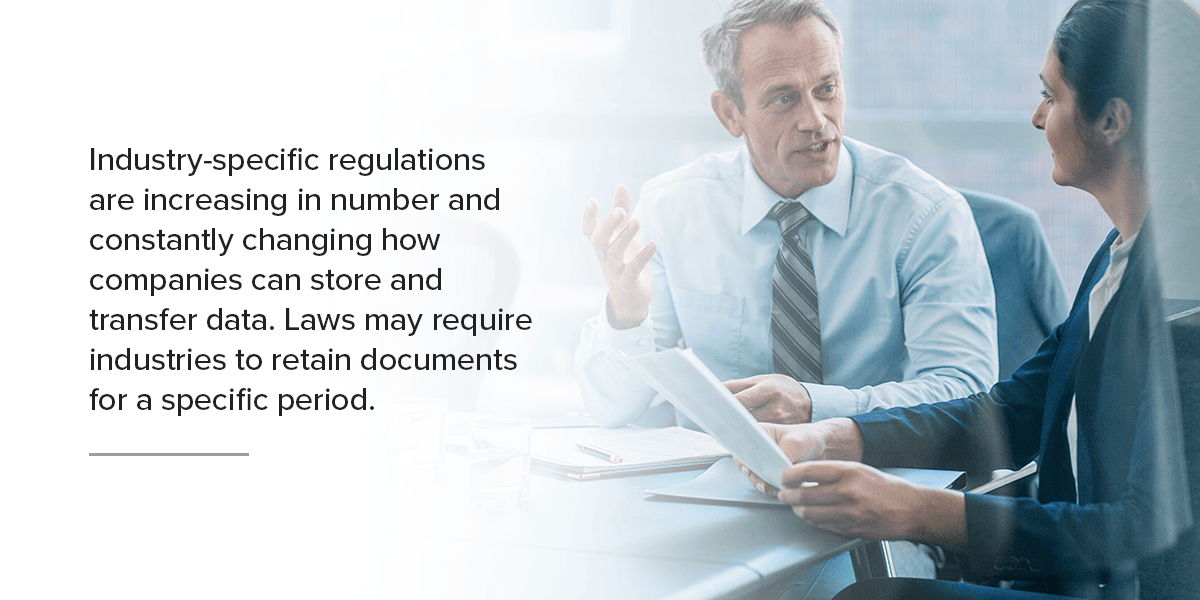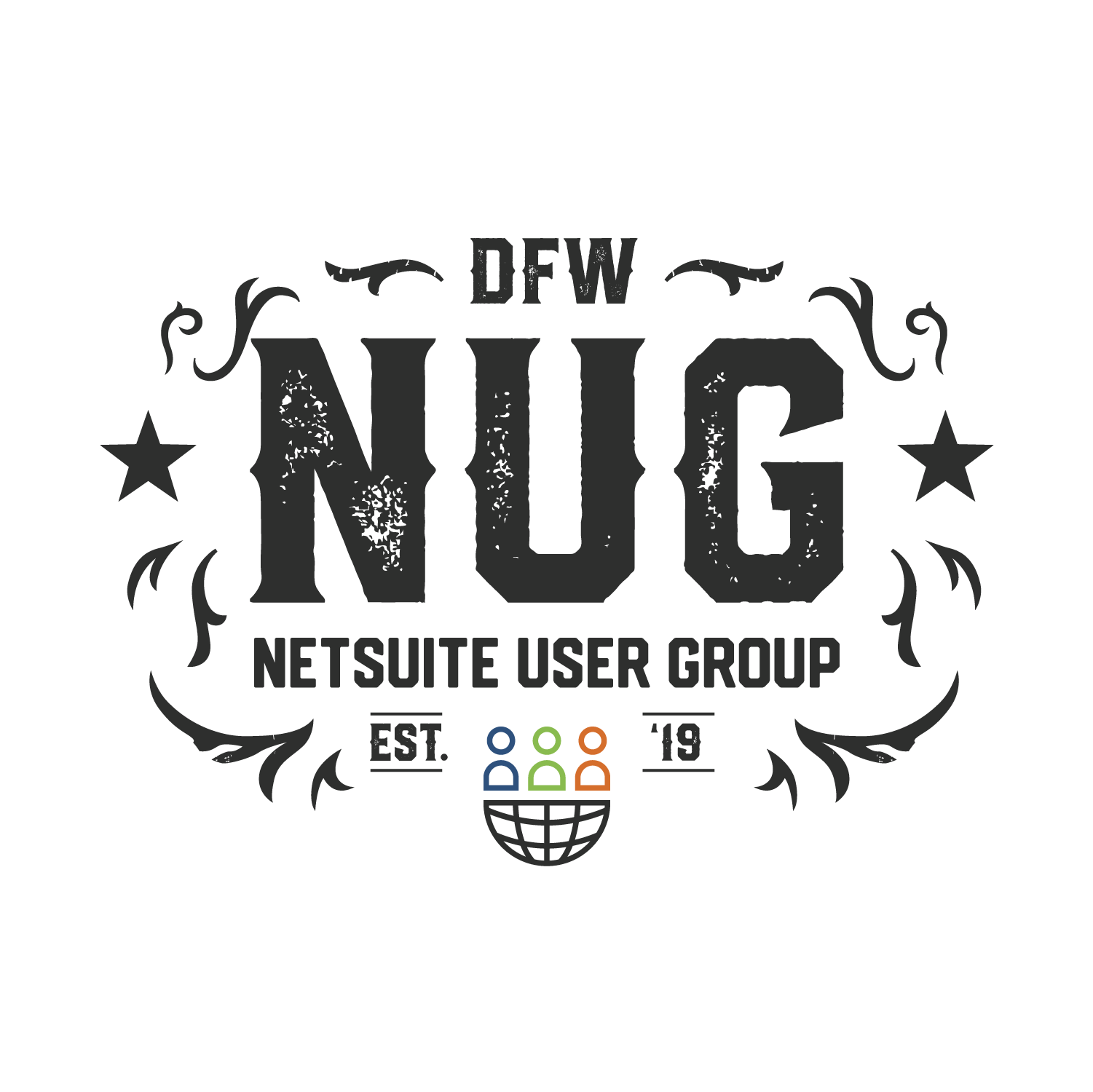
Data migration is an essential part of any ERP implementation. An ERP system dramatically improves organizational processes by collecting, storing, and distributing data. This shared database allows your company's employees to quickly access consistent information. The method of implementing ERP software involves migrating data from the previous system to the new database.
The data migration process is complex, with many moving parts. That's why it is essential to create a cutover plan when choosing an ERP as a solution for your organization. Accurately transferring the data to the new system is crucial, as many different operations rely on it. Learn more about ERP data migration tips in our guide.
- What Is Data Migration
- Data Migration Challenges
- ERP Data Migration Best Practices
- Benefits of Data Migration
What Is Data Migration?
Data migration in ERP is the process of transferring data, combining various sources, storage types and formats into a single structure. As legacy systems gradually become outdated, companies are transitioning from on-site infrastructure and applications to the cloud.
Digital transformation occurs throughout organizations, and keeping a pulse on all the data is no different. There are several different kinds of ERP data migration, each using various tools. A data migration project's outcome will depend on which technology you use to facilitate the process.
- Storage migration involves the transfer of business data from one source to another. As technology advances, the transfer to the new technology can decrease costs while improving efficiency and accessibility.
- Cloud migration entails moving data to the cloud, requiring less storage space, providing scalability and reducing costs.
- Database migration is the transfer of data between two database systems. The transfer's structure doesn't change. However, the language and protocol may.
- Application migration occurs when an organization is transferring data from one system to another vendor or framework. For this type of migration to be successful, the new software must understand the existing data. A data migration plan will ensure the new application will run smoothly after the transfer.

Data Migration Challenges
Data migration can be one of the biggest risks to a project's budget and timeline which is why it's critical to have a plan in place and the client's commitment to providing cleansed data. Developing an effective data migration plan will take time and attention to the tiniest details. Regardless of which type of migration you use, your company process relies on this data, and the result must be complete and accurate.
As critical as the data transfer process is, several other challenges arise when performing an ERP data migration.
Stakeholder Buy-In
You might understand the importance of migrating data, but not everyone will. An organization’s top executives tend to focus on high-level priorities, and migrating data may be the least of their concerns. It is essential to get management's approval and commitment to ensure all departments stick to the data migration plan.
Data Migration Costs
A significant chunk of your migration implementation budget will likely go toward extracting, cleaning, and organizing data. The costs associated with migrating data fluctuate depending on the volume of data involved and the number of stored items in the database. Rising prices are often due to overrunning the project deadline and avoidable errors the ERP data migration plan could have mitigated.
Data Redundancy and Credibility
People use various organizational methods for documents. As a result, two different people may have similar versions of information about products or customers. While the records may appear the same, they might not be precisely identical. Throughout the migration, there will be poor-quality data, inconsistencies, and redundancies to clean and reorganize for the new system.
Regulatory Issues
Validating data after the migration is crucial, as it can become evidence in legal proceedings. Industry-specific regulations are increasing in number and constantly changing how companies can store and transfer data. Laws may require industries to retain documents for a specific period. Some recent legislation, including the California Consumer Privacy Act, requires companies to delete personal information at a user's request.
ERP Data Migration Best Practices
While developing an ERP data migration strategy is essential, relying on industry best practices will help you avoid timely and costly setbacks.
Consider How Your Organization Will Use the Data
Plan how the existing data will function in the new system. This process will include creating rules for translating data to the new structure and mapping the current data to the new ERP source's design. Reviewing this data before migration is an excellent way to analyze your organization in real-time. For example, it's an opportune time to think about how various departments will use the migrated data.
Prepare an ERP Data Migration Checklist
There is a lot to accomplish during migration, and creating an actionable checklist can ensure everyone sticks to the plan even if something goes awry.
Appoint Data Regulators
Determine team members' responsibilities to set clear roles. This step is especially critical for data governance and ensuring no costly errors occur.
Specify Which Data to Migrate
Importing every bit of existing data can be tempting with the mindset that your organization will someday need to access it all. However, taking this course can impede the new system's performance and make it harder for people to find specific historical data. Come to an organization-wide consensus about whether you need particular data. If not, keep a backup somewhere else so it's still accessible.
Benefits of Data Migration
Data migration can be a long, arduous process, but the time spent planning and implementing will improve your organizational processes.
Some of the benefits of a data migration include:
- Consistent and reliable data across processes and departments
- Improved ROI on storage costs due to a centralized database
- Enhanced business process responsiveness
- Allows data room for growth as the business expands
Choose The Vested Group for Your ERP Data Migration
ERP data migration is a complex process that requires the focus of a team of data experts. The Vested Group is an experienced NetSuite partner that helps plan, implement, and support data migration projects. Contact us today to learn more about our ERP solutions and what it’s like to work with a NetSuite partner.






